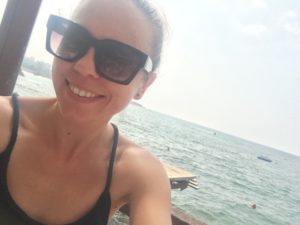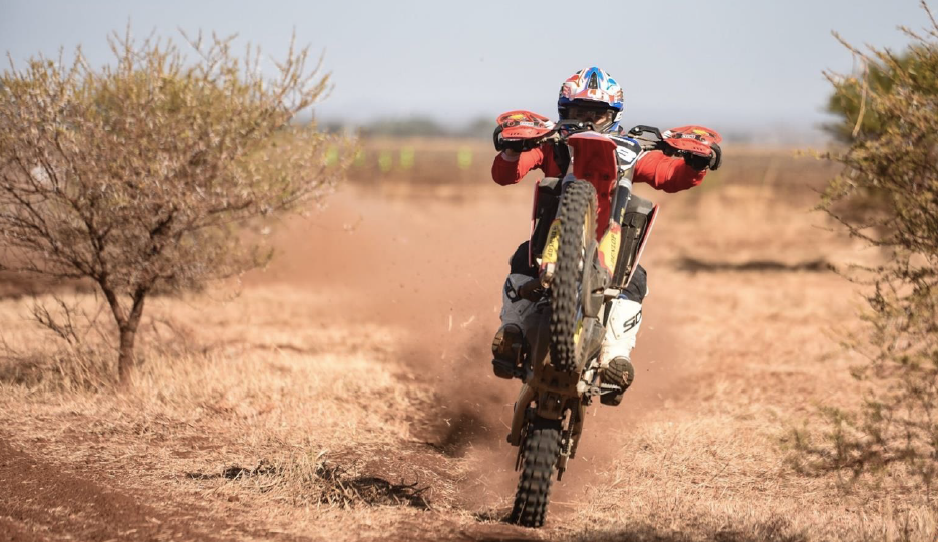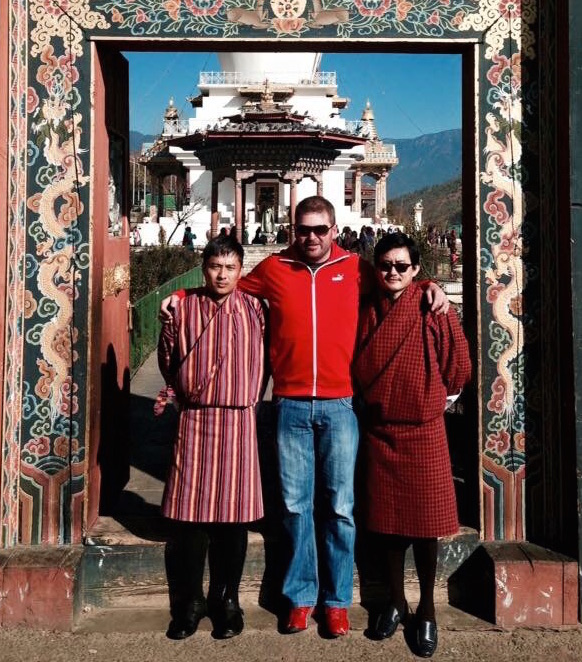
Lessons from Lebanon
I come from a Lebanese family (my mom is Lebanese) and had always thought that I was well-educated and informed about Lebanese history, culture and its people.
That was until I actually visited Lebanon.
I’ve spent just shy of one week in Lebanon and the kind of things I’ve learnt and have been exposed to have blown me away and have shown me just how much I don’t (or didn’t) know about Lebanon. Having said that, I thought I’d share my learnings with you 🙂
*Disclaimer: these are lessons based on my own experience (having spoken to Lebanese people in Lebanon and having read a fair share of “Did you know” bits about Lebanon while there) and may differ from what you find on Google (or Wikipedia.)
So, here are a few “Lessons from Lebanon”:
- There’s no such language as “Lebanese.” People in Lebanon speak Arabic. Their second language is French, although most Lebanese learn English in school and can speak it fairly well (note: I said most, not all. Although, in most touristy places like restaurants and hotels, the staff can hold a very basic conversation in English, which is helpful.)
- Lebanese women (particularly the young ones) take incredible care of themselves and will not step out of the house unless they are groomed to perfection. I don’t think I saw one Lebanese woman without a tan, beautiful eyebrows, manicured nails, toned legs and neatly done hair. Ever. Even in the insane heat and humidity, for a random trip to the supermarket, they dress well. Really well.
- At the moment (2016) botox is “the in thing.” Women are going for botox as often as they go for a pedicure (that is the honest truth as told to me by the owner of a hotel, who I’ll speak about later.)
- While we’re on that point, apparently Lebanon is the place for the best plastic surgeons in all of the Arabian area. And the women here are very competitive when it comes to things of a cosmetic nature (and aren’t shy about the fact that they have “work done”.)
- Byblos by day is a fascinating place if you’re interested in days of old – like ruins from the Crusader days and fossils from millions of years ago.
- Byblos by night is magnificent. The restaurants in the souk areas by night will take your breath away. Tables and chairs fill cobbled streets with a buzz second to none.
- Lebanon has several different main religions. The country has the most religiously diverse society of all states within the Middle East, comprising 18 recognised religious sects. The main two religions are Islam (Shia and Sunni) with 54% of followers and Christianity (the Maronite Church, the Greek Orthodox Church, the Melkite Greek Catholic Church, the Protestant Church, the Armenian Apostolic Church) with 40.4 % of followers.
- Following on from the above, there are some incredible churches and sanctuaries around Lebanon if you’re a religious or spiritual person.
- Exploring Lebanon, I came across many damaged buildings (that have apparently not been restored for decades.) Upon doing some research, I came across this: “After a quite liberal and prosperous time in Lebanon in the 1960s, the country was hit by a civil war in 1975 which ended in 1990. When we recall the images of post-war Beirut in the 1990s there are lots of damaged buildings, war ruins and deserted city strips. Now after more than two decades of planning, developing and rebuilding Beirut, there are still war-scarred buildings in-between investor identified new developments” – http://www.failedarchitecture.com/the-value-of-a-war-scarred-ruin-in-beirut/. To think that between spending my time relaxing at the hotel pool and visiting tourist attractions, this country has been (and possibly still is) rocked by real war and terror. The hotel we stayed in was next door to the Jounieh Naval Base, so while we were tanning at the pool, there were army men (and an army tank) in the street next door patrolling. (It sounds way more hectic than it really was, so no need for panic.)
- Those in the restaurant/hospitality industry are incredibly helpful and friendly. That’s at least in the hotels and restaurants I visited. We stayed at the Bel Azure hotel in Jounieh. Every day the two owners of the hotel walk around (both male, one of them ALWAYS in his costume bottoms) mingling with the guests, checking how people are doing and making friendly chit chat with everyone. The special thing about that, though, is that they don’t outright introduce themselves as the owners. They randomly pop up and start chatting asking about how you’ve enjoyed Lebanon so far and all that jazz. The kind of relationship and loyalty building with guests (face to face) is something money can’t buy. A lesson for all in business (and hospitality.)
o Interesting point: the one owner is also a lecturer at the American University where he lectures on economics and finance.
And those are my lessons from Lebanon. I hope you enjoyed reading about them as much as I enjoyed writing about them.
I’ll save this as a “working list” and will add new things to the list as/when they pop into my head or following feedback from readers.








